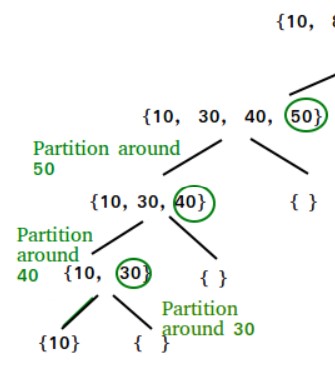Effortless Performance Improvements in C++: Parts 1& 2 -- Julien Jorge
And nary a drop to drink:
Effortless Performance Improvements in C++
Part 1: Analyzing a program
Part 2: std::unordered_map
by Julien Jorge
From the articles:
In this series of blog posts we are going to explore the implications on processing time for typical C++ way-of-doing by implementing a non-trivial task using idiomatic C++. Then we will benchmark this program and improve its performance.
Optimization is a never-ending quest that can lead to huge sacrifices in terms of code readability. ... In these blog posts we will restrict ourselves into transformations that do not diminish the expressiveness of the existing interfaces, and we will stay withing the scope of the standard library. We will see that even within these limits one can easily reduce processing times by a factor of two, and maybe three with some compromises. ...

 Less (memory access) is more (speed):
Less (memory access) is more (speed):